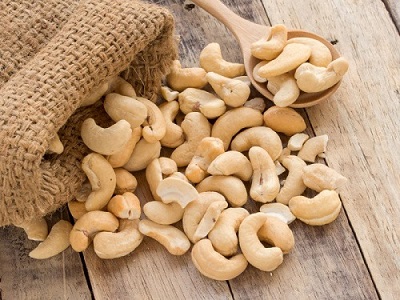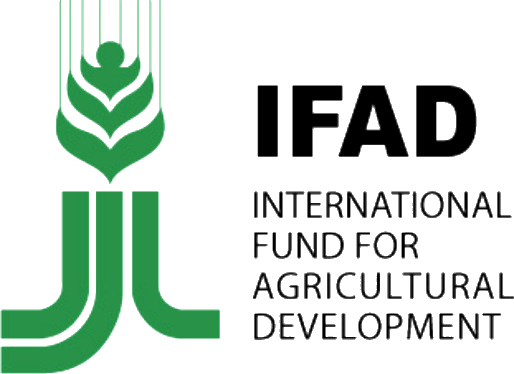 International businesses are the hardest hit by the on-going COVID-19 pandemic and the cashew sector is no different.
International businesses are the hardest hit by the on-going COVID-19 pandemic and the cashew sector is no different.
China, USA and European countries, which are the major cashew kernel markets, have closed their borders to travels to control the spread of the deadly virus, slowing down trade. Cashew processing giants like Vietnam and India which are the major exporters of kernels to these countries have drastically reduced their processing volumes.
Because most of Vietnam and India-processed cashews are sourced from African countries, there has been falling demand for Raw Cashew nuts (RCN), and consequently, a drop in RCN prices.
In Ghana, the implementation of preventive measures against the effects of COVID-19, such as the closure of all borders to entry, a ban on social gatherings, lockdowns in high-risk cities, and the introduction of work shifts for essential services have brought a sudden halt to international cashew trading.
With the possibility of impacts persisting long after COVID-19 has passed due to a possible global recession, will these developments culminate in a loss of farmers’ interest in cashew production in Ghana?
With health as a major focus because of COVID-19, consumers’ demand for healthy nuts like cashew is rising. How can the African cashew sector take advantage of the presented opportunities?
In 2018, the cashew sector raked in about GHS 378m as a Non-Traditional Export crop for Ghana. The sector is projected to be a major earner in the agriculture sector for the country.
Ghana has the opportunity to take advantage of the opportunities using the Ghana Tree Crops Authority which was passed into an Act in December 2019, and is planned to be operationalized this year. This could be the silver lining for the cashew sector amidst the COVID-19 so that a resilient, holistic value chain is created to withstand another global shock.





